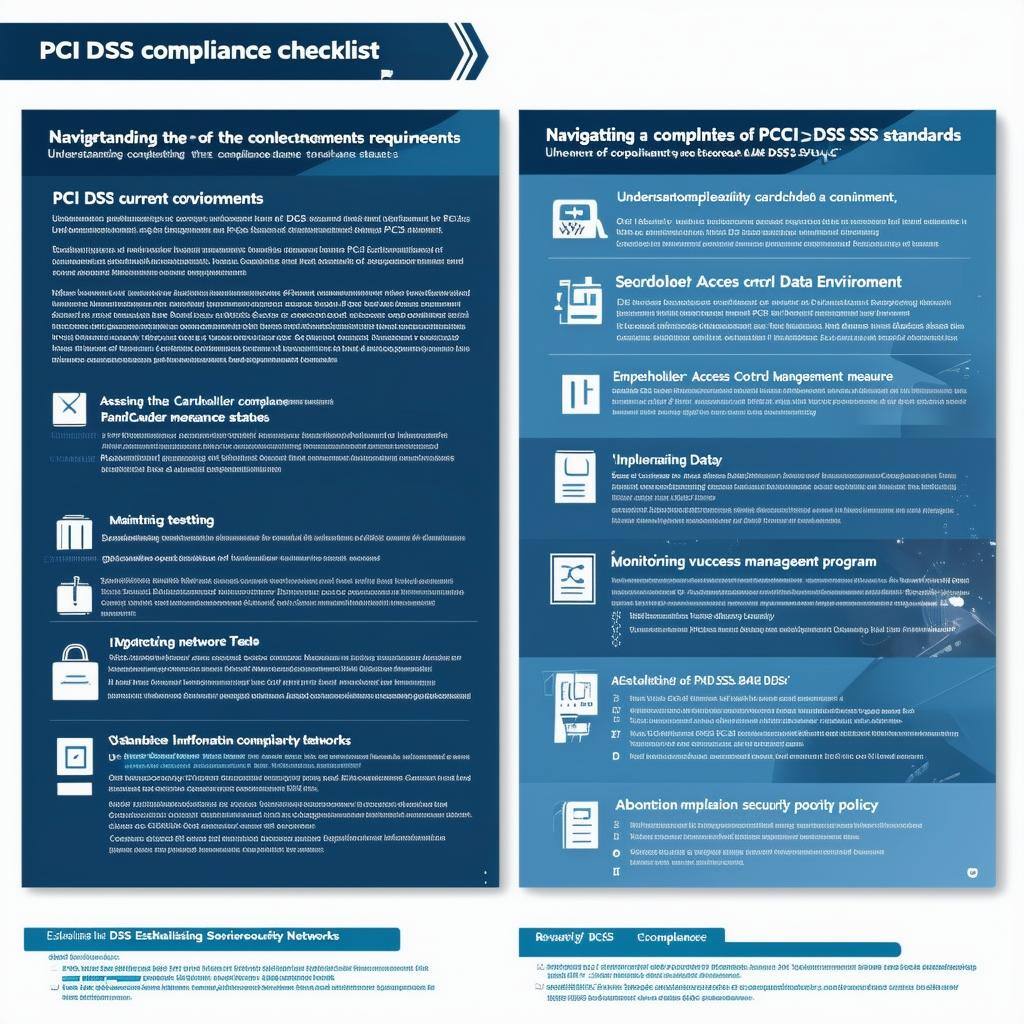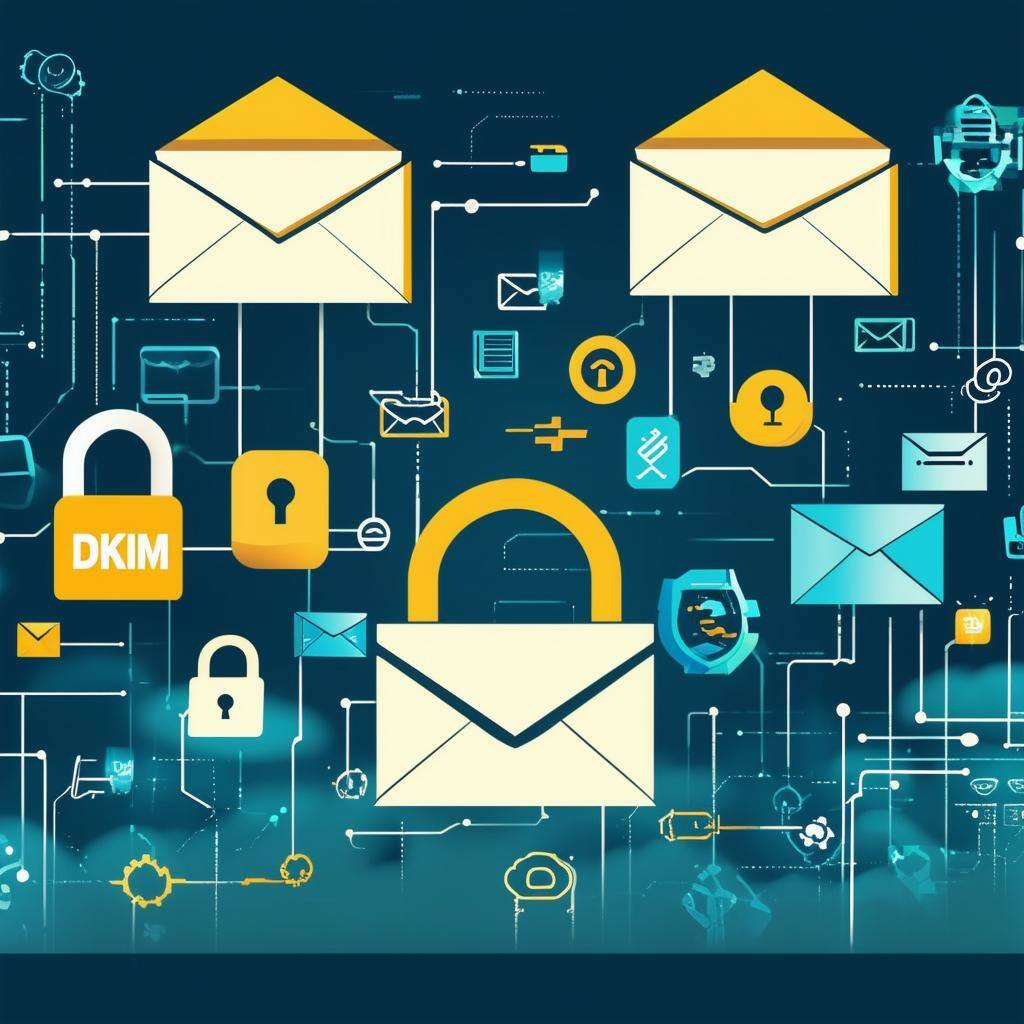Uncovering the Latest CUPS Vulnerability
Intro In the realm of IT and network management, vulnerabilities are a constant concern for professionals tasked with maintaining secure systems. One...
3 min read
CyAlly Advisory Team
:
Jun 26, 2024 11:53:00 PM

In today's digital age, the importance of cyber security cannot be overstated. With the increasing number of cyber threats and attacks, organizations need to constantly evolve and adapt their security measures to stay one step ahead of malicious actors. One of the most promising technologies in the field of cyber security is Artificial Intelligence (A.I.). A.I. cyber security is revolutionizing the way organizations detect, respond to, and mitigate cyber threats. In this blog post, we will explore the potential of A.I. in cyber security and how it can help organizations enhance their overall security posture.
At the core of A.I. cyber security are sophisticated machine learning algorithms and advanced analytical tools designed to identify, analyze, and neutralize cyber threats with unprecedented speed and efficiency. These technologies empower organizations to streamline their threat detection and response mechanisms, significantly slashing the time required to pinpoint and counteract malicious activities. Additionally, A.I. cyber security systems are adept at uncovering patterns and irregularities in network traffic, offering the capability to preemptively identify and thwart potential threats before they burgeon into serious attacks. This foundational understanding sets the stage for exploring how A.I. can transform traditional cyber security approaches into more proactive, predictive, and automated processes.
Machine learning is integral to enhancing the efficiency and effectiveness of cyber threat detection. It enables the development of algorithms that analyze vast datasets in real-time to uncover patterns indicative of cyberattacks. By leveraging historical security incident data, these models are adept at classifying and predicting future threats, thus allowing for more timely and accurate responses. Their ability to continuously learn and adapt from new data ensures that detection mechanisms become more sophisticated over time, maintaining a step ahead in the ever-evolving landscape of cyber threats. This continuous improvement cycle is crucial for maintaining robust defenses against increasingly sophisticated cybercriminal activities.
Phishing schemes, a prevalent threat in the cyber landscape, leverage deceptive emails to compromise personal and corporate security. Leveraging A.I.'s capability to scrutinize intricate email characteristics, including sender details and the nature of the content, can significantly elevate detection precision. A.I. not only flags suspicious messages but also learns from ongoing patterns to enhance future identification efforts. Through the implementation of A.I.-based systems, organizations can autonomously intercept potential phishing attempts, drastically reducing the likelihood of these threats breaching their defense mechanisms. This approach represents a vital step in fortifying email security protocols and safeguarding sensitive information against unauthorized access.
Predictive analysis harnesses the power of A.I. to foresee cyber threats by delving into historical data and discerning patterns that signal potential future attacks. This methodology empowers organizations to preemptively bolster their defenses, significantly diminishing the risk of cyber incursions. It enables the prioritization of threats based on their anticipated impact, streamlining the allocation of defensive resources. By proactively identifying vulnerabilities and potential threats, predictive analysis plays a pivotal role in fortifying an organization's cyber security measures against the increasingly sophisticated landscape of digital threats.
A.I.-driven automation is transforming incident response workflows within cyber security frameworks, significantly enhancing the speed and efficiency of addressing security breaches. By automating routine and time-consuming tasks, this technology allows for a rapid reaction to threats, diminishing the window of opportunity for cyber attackers to inflict harm. A.I.'s capability to execute real-time responses to detected anomalies is a game-changer, enabling organizations to mitigate potential damages instantaneously. This approach not only conserves resources but also reinforces the resilience of security systems against the backdrop of an evolving cyber threat landscape. Through the deployment of A.I.-driven automation, businesses are better equipped to navigate the complexities of modern cyber security challenges.
The integration of A.I. into cyber security, while beneficial, prompts significant ethical considerations and privacy issues. As these systems analyze vast quantities of data to identify threats, the imperative to respect individual privacy rights becomes paramount. Organizations must navigate these waters with caution, ensuring that A.I. applications in cyber defense adhere to ethical guidelines and data protection laws. This requires a commitment to transparency in how data is used and safeguarded, as well as accountability for the decisions made by A.I. systems. Striking a balance between advanced security measures and the protection of personal information is critical in maintaining trust and upholding the integrity of A.I. cyber security initiatives.
As the digital landscape evolves, so too will the sophistication of A.I. in cyber security. Innovations in machine learning and deep learning are poised to redefine our approach to safeguarding digital infrastructures. These advancements will enable more robust detection and response capabilities, capable of predicting and neutralizing threats with greater accuracy than ever before. The integration of A.I. will not only streamline security operations but also introduce a new era of adaptive and intelligent defense mechanisms. As organizations navigate these technological shifts, the role of A.I. will become increasingly integral in combating the next generation of cyber threats, ensuring a more secure and resilient digital environment.
To effectively integrate A.I. into their cyber security strategies, businesses must first conduct a thorough evaluation of their current security environment, pinpointing specific vulnerabilities and determining how A.I. can best address these gaps. Partnering with reputable A.I. cyber security providers is a crucial step, ensuring that the solutions implemented are not only sophisticated but also customized to meet the unique challenges faced by the organization. Equally important is the commitment to ongoing education and training for staff members, fostering an environment where they are proficient in utilizing A.I. technologies and aware of best practices in cyber defense. By methodically planning the adoption of A.I. solutions, companies can significantly enhance their protective measures, making a crucial leap forward in safeguarding against the complexities of modern cyber threats.

Intro In the realm of IT and network management, vulnerabilities are a constant concern for professionals tasked with maintaining secure systems. One...

Intro Navigating the complexities of PCI DSS compliance can be daunting for businesses that handle cardholder data. This comprehensive PCI DSS...

Intro In today's digital age, the importance of cyber security cannot be overstated. With the increasing number of cyber threats and attacks,...

Brand Indicators for Message Identification (BIMI) is an email standard that lets you add a brand logo to authenticated messages sent from your...

In the rapidly evolving digital landscape, email remains a cornerstone of communication. As such, ensuring the integrity and authenticity of these...

SPF is a standard email authentication method. SPF helps protect your domain against spoofing, and helps prevent your outgoing messages from being...